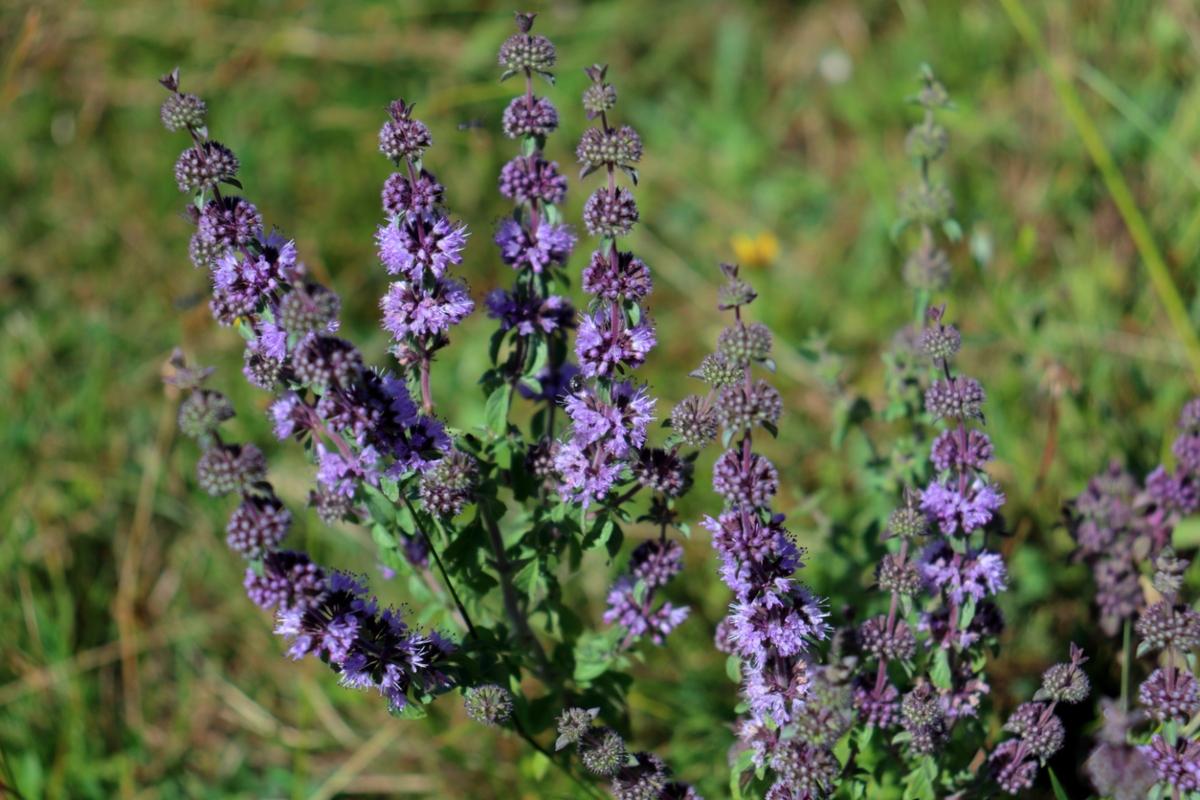If you've ever experienced the foul smell of a skunk's spray, then you know just how crucial it is to understand how to repel skunks. These nocturnal creatures can vandalize your lawn and garden while leaving you with an odor that lingers far longer than you'd like. This article aims to shed light on practical methods to effectively prevent skunk visits, ensuring your outdoor spaces remain enjoyable.
Whether you are a homeowner looking to safeguard your property or simply want to maintain a healthy environment for your kids and pets, learning the ins and outs of skunk repelling will serve you well. From natural deterrents to physical barriers, there are multiple strategies available, and we'll cover them all.

Understanding Skunks: Behavior and Habitats
Before diving into how to repel skunks, it is essential to understand their behavior and where they typically reside. Skunks are known for their distinctive black and white coloring and their ability to spray a foul-smelling liquid when threatened. They are omnivorous, feeding on everything from insects and small mammals to fruits and vegetables.
These animals are primarily nocturnal, meaning you are likely to see or hear them more at night. They often seek shelter in burrows, under decks, or in abandoned buildings. Understanding their habits can help inform your skunk-repelling strategies.
/https://tf-cmsv2-smithsonianmag-media.s3.amazonaws.com/filer_public/ec/fa/ecfafbc6-702e-4dc3-a704-2f85d59817a3/30776346538_db027d2857_o.jpg)
Effective Ways to Repel Skunks Naturally
Here are several natural solutions to consider if you want to keep skunks at bay. These methods are eco-friendly, which makes them ideal for families looking to maintain a safe environment.
1. Use Strong Smells
Skunks are notorious for their keen sense of smell. To them, certain odors can be quite repellent. Here are some strong-smelling substances that can deter them:
- Capsaicin: This is the chemical that makes peppers hot. Spraying a capsaicin solution around your garden can effectively ward off skunks.
- Vinegar: The strong smell of vinegar acts as an excellent repellent if placed strategically around entry points.
- Citrus Peels: Skunks dislike the scent of citrus, so placing orange or lemon peels around your yard can help keep them away.
2. Install Physical Barriers
Creating barriers is a straightforward yet effective way to prevent skunks from getting to desired areas in your yard.
- Fencing: A well-constructed fence that extends a few inches underground can help keep skunks out. Ensure there are no gaps or holes.
- Netting: For gardens particularly attractive to skunks, netting can provide a protective cover.
3. Remove Food Sources
One of the most effective ways to deter skunks is by eliminating their food sources. Here are some tips:
- Seal garbage cans tightly to avoid attracting skunks with food scraps.
- Compost bins should have secure lids and should not contain food that may draw skunks in.
- Feed pets indoors and never leave pet food outside overnight.
4. Keep Your Yard Clean
A clean yard is less welcoming to skunks. Taking care of fallen fruits, nuts, and debris can make your property less appealing. Regularly mowing grass and ensuring your garden is tidy can go a long way.

Commercial Repellents: Are They Worth It?
There are numerous commercial skunk repellents available on the market that contain natural ingredients aimed at deterring these animals. However, its crucial to select products that are environmentally friendly and safe for pets and children. Many of these products work by emitting strong smells that skunks find unpleasant.
Always follow the manufacturer's instructions for application and consider combining commercial solutions with natural deterrents for the best results.

Learn More: Additional Resources
For more information on pest control, you can check out articles on repelling spiders and repelling cats.
Common Myths About Skunks
There are several misconceptions about skunks that can contribute to fear and misunderstanding:
- Myth: Skunks are aggressive.
- Myth: All skunks are pests.
Fact: Skunks are generally non-aggressive and will only spray as a last resort.
Fact: Skunks can be beneficial by controlling insect populations.
Frequently Asked Questions (FAQs)
1. How can I safely humanely remove a skunk from my property?
The best way to humanely remove a skunk is by using a live trap. Check local regulations to ensure compliance, and consider **working with professionals** for safe removal.
2. Do skunks travel in packs?
Skunks are mainly solitary animals, but in certain situations, they may be seen in small groups, especially mothers with kits.
3. What should I do if my pet gets sprayed by a skunk?
Wash your pet using a solution of hydrogen peroxide, baking soda, and dish soap to neutralize the odor effectively.
Conclusion
Understanding how to repel skunks can save you from unpleasant experiences and help maintain the integrity of your home and yard. By utilizing natural deterrents, removing food sources, and applying practical solutions like barriers, you can effectively keep skunks away from your property. If the problem persists, remember that consulting pest control professionals is always an option.
For additional information about natural pest repellents, you can refer to an article on humanely removing bugs or natural pest control solutions.
As an Amazon Associate, I earn from qualifying purchases.
